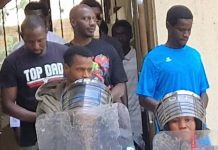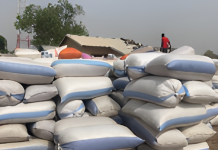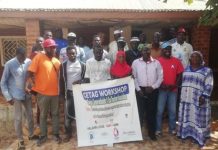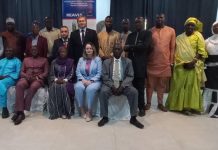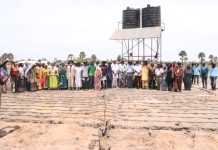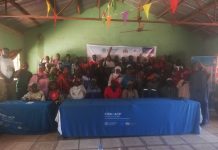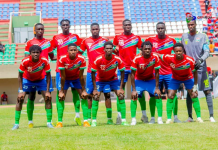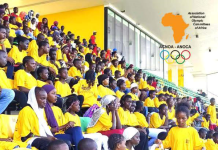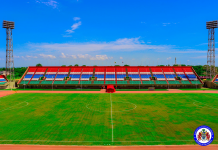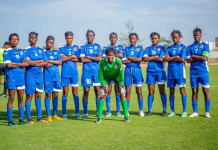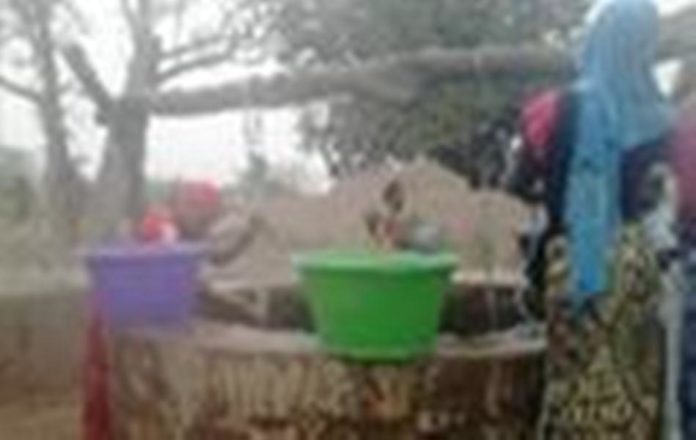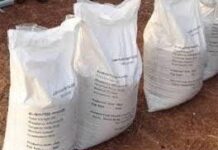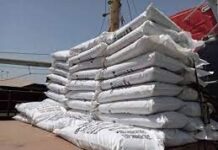This Column has been dormant for some time, due to the engagement of the Columnist in the recent Local Government franchise that ended on May 12th. Now that the Columnist has resumed we want to remind the readership that the column is meant to monitor and report on issues that concerns the people of the rural communities in terms of how their development is hindered or facilitated, and that rural development is a process that aims to improve the standard of living of people living in those communities.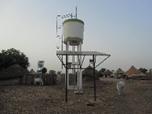
According to Robert chambers, rural development is a strategy that enables a specific group of people, poor rural women and men, gain for themselves and their children, more of what they want and need.
It involves helping the poorest among those who seek a livelihood in rural communities, to demand and control more of the benefits of rural development. The group includes small scale farmers, tenants and the landless.
Thus, the term rural development may be used to imply any one of the above-mentioned connotations.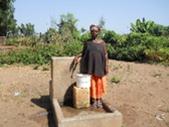
To avoid the ineffective floundering among the myriad definitions, we shall define rural development as a process leading to sustainable improvement in the quality of life of rural people, especially the poor.
According to Lamin Sambou Kinteh, for rural development to be meaningful and realizable, the trinity of development must be present and these are electricity, water and rural infrastructural development such as roads, industries, schools, health facilities etc.
Increasing the population’s access to safe drinking water and basic sanitation, dramatically reduces their susceptibility to water-borne diseases and increases their likelihood, especially for women and children, from incurring additional expenses related to treatment.
However, there are villages in the Gambia that are finding it difficult to get clean drinking water.
In the last edition, we highlighted the views of the residents of Sinchu Pallen village in Sabach Sanjal District of the North Bank Region of the Gambia. In this edition, we shall highlight the views of the residents of Numu Kunda village.
According to them, they have been hit with water crisis in the village for many years; that the village relied on a single open well and the water from this well is not pleasant for drinking.
The villagers who spoke to the columnist on a recent visit to the area, said they travel to neighboring villages to get water, because there is not fit for drinking; that they travel to Yalaba to get safe drinking water every day.
Fatou Joof asserted that they travel daily to get portable water compounding their drudgery; that their major problem in the village is water even though the neighboring village which is less than one kilometer away, has a bore-hole.
Madam Joof concluded that with other domestic chores they confront with daily, impacts negatively on their health. “If we add travelling to other villages carrying 20 litre containers full of water daily, our drudgery will escalate,” she said.
Fatou called on both the Central and Local Government Authorities to help them minimize their drudgery, by addressing the water crisis.
Other women who spoke to this columnist, shared the same view and called on the authorities to help them solve the water crisis in the village, as well as provide them with labour saving devices to reduce their drudgery to make women empowerment a reality.

